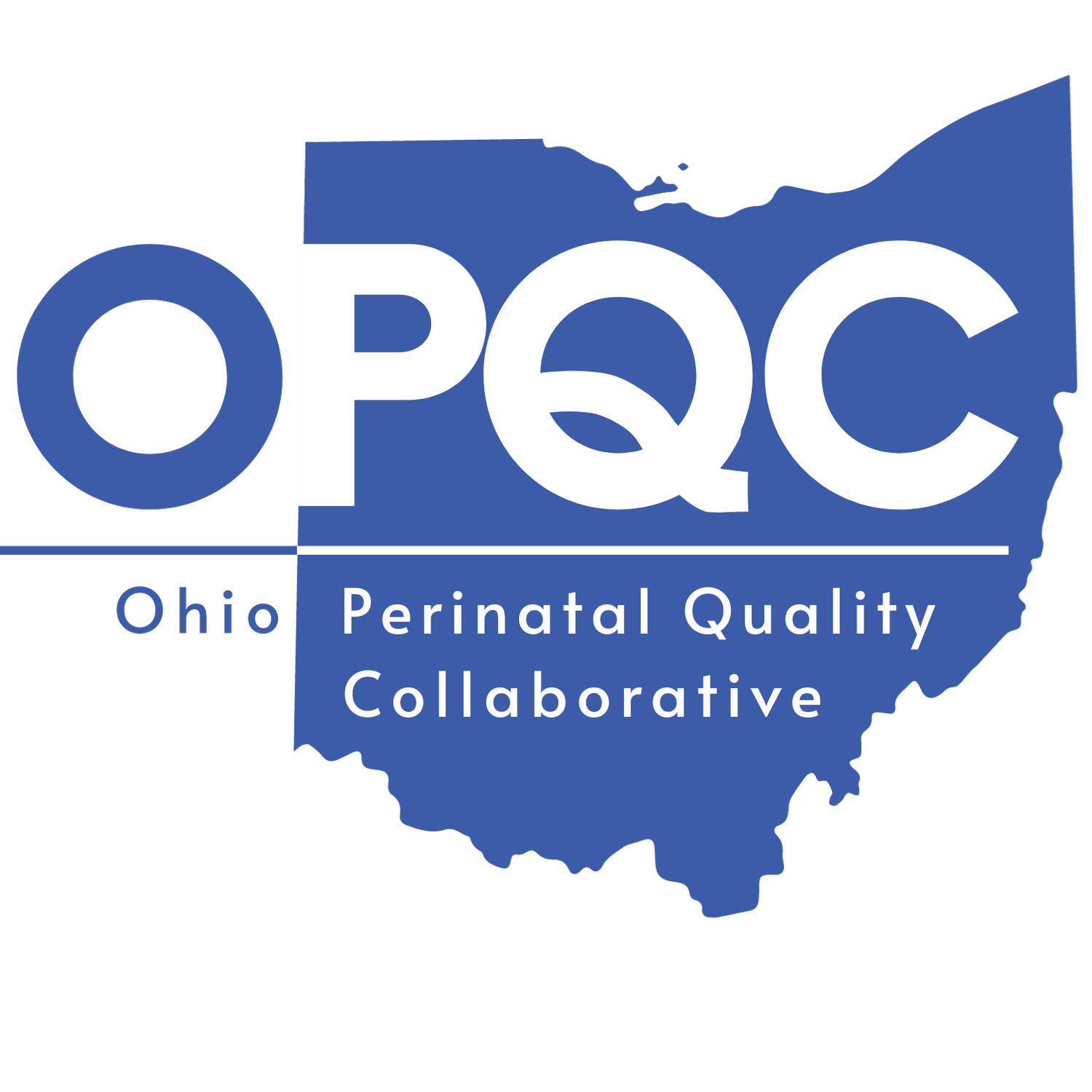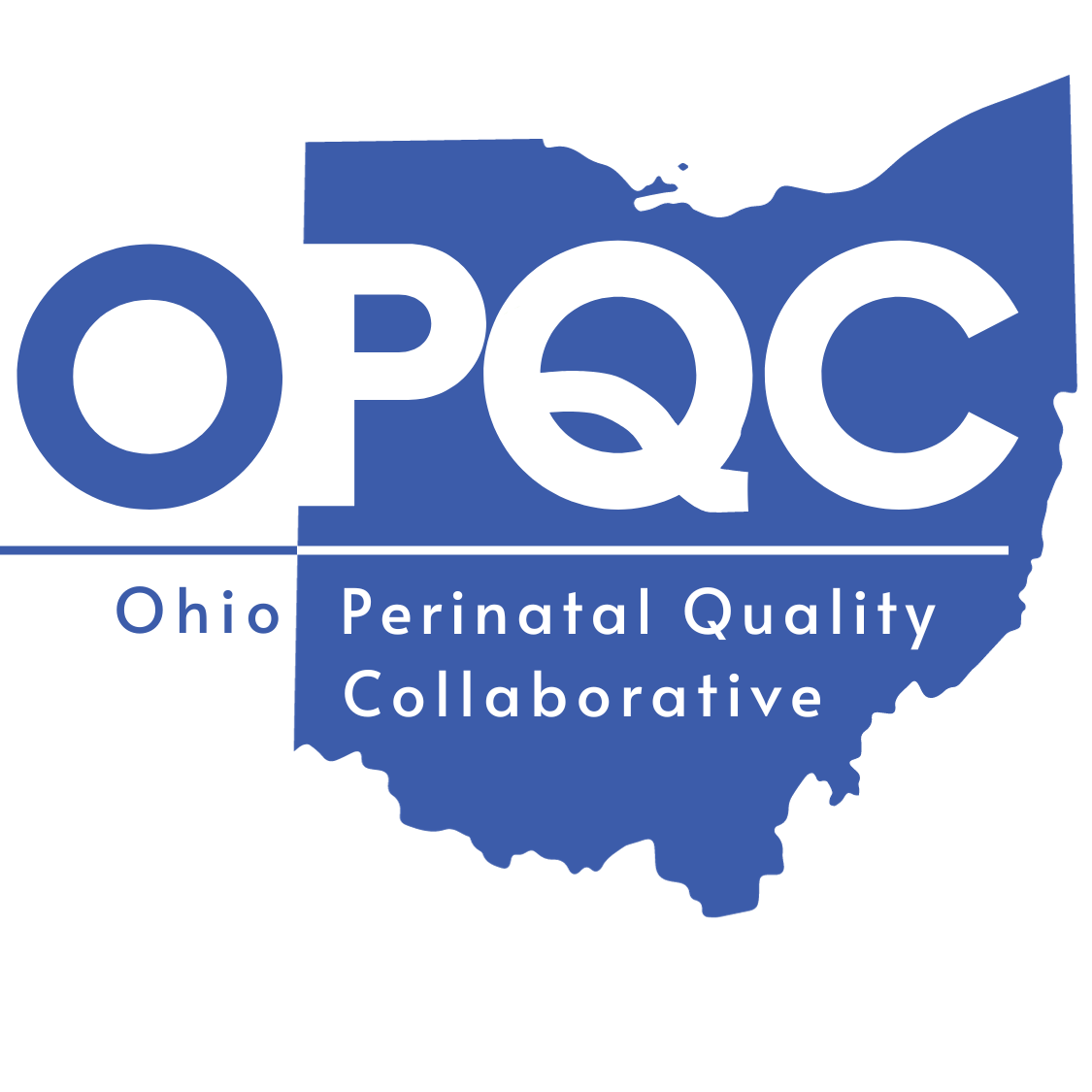
OUR COMMITMENT TO
HEALTH EQUITY
Racism and inequity negatively impact maternal and infant health outcomes. The Ohio Perinatal Quality Collaborative (OPQC) is committed to addressing these important factors in maternal and infant health as we progress along our journey to equity. We have much to learn and far to go.
Below are some of the ways OPQC is addressing health disparities for moms and babies across Ohio.
Compassionate, Accountable, Respectful, Equitable Care Project:
Ohio ranks in the lower third nationally for maternal morbidity and mortality and infant mortality, with significant racial disparities in outcomes. To improve maternity care and address this racial gap, many organizations have instituted implicit bias training for providers and staff.
In Fall 2023, OPQC launched the Compassionate, Accountable, Respectful, and Equitable Care Project to identify effective ideas and strategies that go beyond these trainings to improve care and outcomes for mothers and infants. OPQC aims to learn useful approaches for supporting compassionate, respectful and patient-centered maternity care.
Maternal Safety:
o The Ohio Department of Health (ODH) recently documented Ohio’s high rate of maternal mortality, with women dying of pregnancy-associated deaths at a rate of 14.9 per 100,000. The maternal mortality rate in Ohio demonstrates significant disparity for black women, with a mortality rate of 29.5, over two and half times higher, compared to 11.5 for white, non-Hispanic women. ODH’s Pregnancy-Associated Mortality Review identified hypertension as one of the most preventable causes of maternal death.
o OPQC is providing quality improvement support on the Alliance for Innovation on Maternal Health (AIM) Hypertension Quality Improvement Project, sponsored by (ODH). The goal of this effort is to reduce the rate of severe maternal morbidity and mortality associated with hypertension in pregnancy and postpartum, reduce disparities, and implement clinical best practices and quality improvement tools for treating maternal hypertension.
o Additionally, OPQC Obstetric Lead Dr. Michael Marcotte serves on the project Maternal Safety Equity Subcommittee.
Prematurity Prevention:
o OPQC led a prematurity prevention effort to reduce births before 32 weeks gestation by identifying and treating pregnant women at risk of recurrent preterm birth. Births before 32 weeks gestation decreased by 6.6% statewide. Births before 32 weeks gestation in women with prior preterm birth decreased by 20.5% in all hospitals, by 20.3% in African American women, and by 17.1% in women on Medicaid. Those reductions have been sustained, as outlined in the graph below.
Click the image above to enlarge.









